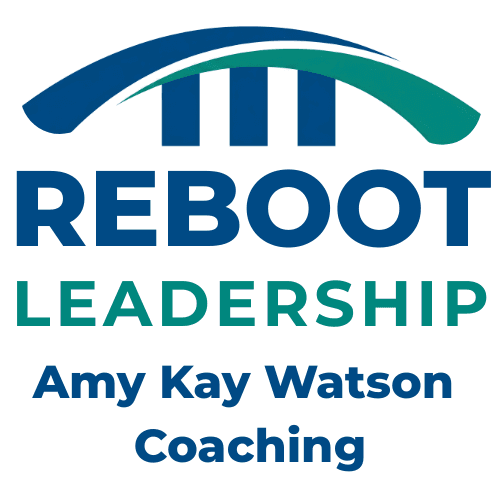“I am concerned that I am not able to focus on what really matters to me and get distracted by making money.”
Over the past 20 years, Mira had built an amazing career leading business development initiatives. But as her children graduated from college she found herself wanting something more meaningful for herself. She discovered a passion for supporting other women in building their dreams, believing in themselves, and breaking free from restrictive societal expectations, and she built a business around this passion.
Mira had come to me because she was stuck. Despite her efforts to turn a profit, Mira found that she was increasingly occupied with short-term consulting jobs, similar to the work she had done in her corporate career. The more meaningful work of her small business was being left to the side.
I loved her energy, which was high and positive. She could say she was feeling “fantastic” every day, and you would believe it. Her speech flowed fast, but I could tell her thoughts spun even more quickly.
What’s in your blind spot?
Mira had a fanbase in the corporate world. Her colleagues knew her well as a problem solver, someone who could come in and make the money flow again. She also knew that building a small business takes time, so when someone from her corporate life would call and say, “Can you help us?” waving a check, she took the bait… every time.
Each time she accepted these corporate jobs, Mira was unable to focus on her business and the women who needed her support.
“Nice problem to have,” some of us might say, but we aren’t so different. The details may not be the same, but we all have good intentions. We all have wishes for how we would spend our time. We all have goals we’d like to be pursuing. And instead, we get distracted by the low hanging fruit.
Do you have hidden commitments?
Mira and I met weekly for just about a month and a half. I listened as the flow of words rushed past me and heard the disconnect between Mira’s wishes and her actions. The sentence I quoted at the top of the article–about getting distracted by making money–floated up from the rushing whitewater, and I snatched it up to reflect back to her.
I asked her about what was most important to her, and as she talked, thinking out loud, we both learned that she felt pressured to take care of her family, to give her husband the space to retire and take a lower salary, and she didn’t have faith that she could do that and also do what felt meaningful to her. She recognized that she felt compelled to take these corporate jobs because of a hidden commitment to support her family, and this was working against her small business.
This realization prompted Mira to examine her underlying expectations and beliefs about herself and her capabilities. She revised her strategy to allow for her to take some of these jobs but not quite as many, and to continue investing in the development of her business by writing a book and taking more speaking engagements. Mira has successfully navigated her dilemma and aligned her actions with her values.
Mira knew what she wanted to do, but she had a blind spot. Blind spots like these are hardly uncommon. All of us have hidden commitments, squirrely motivators that resist being uncovered because uncovering them means seeing them for what they are. But when you can see your hidden commitments, you can question them. You can reassess their priority. You can rob them of their power.
Just because you know what to do doesn’t mean you will do it. However, when you find yourself stuck, you can take time to uncover your hidden commitments and the assumptions that those commitments are based on. Working with a coach can be a valuable way to uncover and address your hidden commitments, as they can provide an objective perspective and help you to better understand what’s driving your actions.
The value of coaching lies in its ability to help individuals identify and address their blind spots and hidden commitments. By working with a coach, Mira was able to uncover the underlying motivations and expectations that were holding her back, and revise her strategy to align with her values and goals. This process of self-reflection and self-discovery is crucial for anyone seeking to make meaningful changes in their lives, and a coach can provide the support and guidance needed to navigate this journey. Ultimately, coaching can be a powerful tool for helping individuals tap into their full potential and achieve their personal and professional goals.

